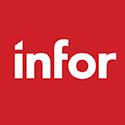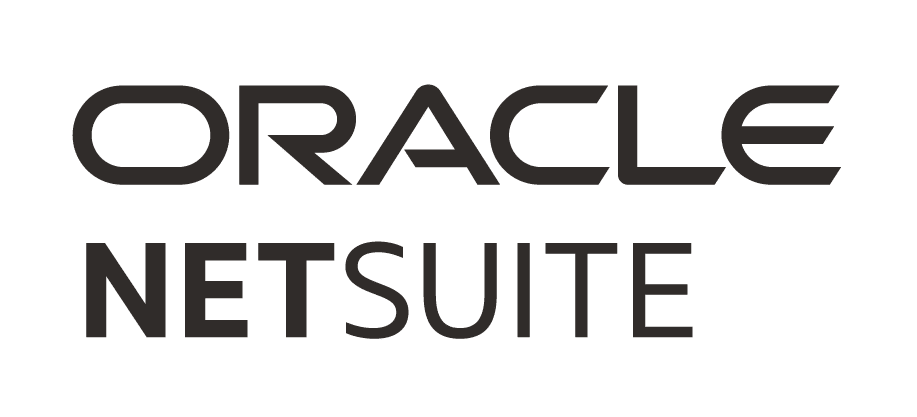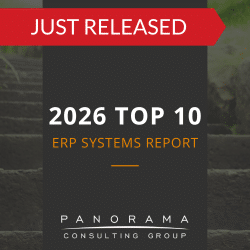While many ERP vendors claim “food and beverage industry capabilities,” only a few offer the nuanced features and AI-powered agility required in today’s environment.
That’s why it’s important to understand which ERP platforms are purpose-built for your realities, whether you’re a batch manufacturer, a contract packer, or a vertically integrated distributor.
We wrote The 2025 Top 10 Food & Beverage ERP Systems Report to help decision-makers across the industry understand which systems best support the complexity of today’s F&B environment. A summary of this list is in today’s blog, but if you really want to see what these systems have to offer, be sure to download the full report.
2025 Top 10 Food & Beverage ERP Systems Report
Food and beverage companies are increasingly implementing modern ERP software to accelerate decision-making across the supply chain. Learn about the systems shaping the future of F&B manufacturing, production, distribution, and retail.
What Makes a Great ERP for Food and Beverage?
Food and beverage operations often entail recipe-based production, perishable inventory management, and rigid compliance demands. The best ERP systems for this sector are built to handle this complexity at the batch, lot, and label level.
Our report highlights ERP solutions that support:
- AI-driven demand planning to reduce spoilage and react quickly to volatile order cycles
- End-to-end traceability for food safety audits and recall readiness
- Dynamic recipe and formulation control that adjusts in real time
- Integrated quality and compliance workflows, from allergen tracking to COAs
- Global-ready architecture to manage multi-site, multi-brand growth
A Sneak Peek of the the Top Food and Beverage ERP Systems
Our list includes vendors with varying levels of specialization, cloud maturity, and embedded intelligence, so not every system on this list will be right for your business.
A dairy cooperative with multiple regional plants will need a very different solution than a beverage startup entering direct-to-consumer markets. Yet, all process manufacturing ERP systems must be able to handle production complexity, real-time inventory control, and compliance workflows under pressure.
Here are just a few of the systems we featured in our report:
Infor CloudSuite

Infor offers a preconfigured, cloud-native ERP built for process manufacturers. It includes industry-specific functionality for raw material variability, global compliance, and complex pricing.
Deacom ERP

Deacom offers an all-in-one ERP solution with native functionality for inventory management, dynamic formulation, MRP, and compliance documentation.
Epicor Kinetic

Epicor Kinetic delivers strong manufacturing execution capabilities, quality tracking, and production planning tools. Its flexible deployment model makes it suitable for mid-market food manufacturers seeking industry-specific depth.
NetSuite ERP

NetSuite’s cloud platform supports growing F&B companies with features for inventory oversight, lot tracking, omnichannel fulfillment, and multi-entity financial management.
Before You Evaluate Vendors, Ask These Questions
The ERP selection process for a food or beverage business should go beyond software capabilities to focus on how well those capabilities support strategic goals.
Here are three questions we recommend asking before entering vendor selection:
1. What are the operational risks I’m trying to reduce?
Let the real risks—not feature wish lists—drive your selection criteria.
Some companies want to minimize waste in a temperature-controlled supply chain. Others want to improve first-pass yield and avoid penalties tied to mislabeled goods.
2. What level of planning precision do I need?
Planning precision in the food and beverage industry directly impacts shelf life, service levels, and profitability.
If you’re managing hundreds of SKUs with short shelf lives and channel-specific promotions, your ERP system’s forecasting engine needs to operate at the SKU-location-channel level. If you’re balancing private-label production alongside branded lines, your ERP must support flexible forecasting models and variable production runs.
3. How much flexibility do I have to scale or integrate?
ERP must flex as you grow. The system you choose should accommodate new sales channels, business units, and partners without requiring disruptive reconfiguration.
A bakery expanding into new regions may need multi-entity support and language localization. A beverage manufacturer introducing new product lines across multiple channels may need an AI-integrated planning tool that scales with complexity and integrates with marketing, sales, and fulfillment systems.
Learn More About ERP Systems for Process Manufacturers
Regardless of your industry, it’s critical to evaluate systems in the context of your operating model, growth plans, and strategic priorities. Our team can help.
We have no financial ties with software providers, so our ERP consultants can objectively compare vendors and pressure-test functionality against your real-world workflows. Contact us to learn more, and be sure to download our 2025 Top 10 Food & Beverage ERP Systems Report.














